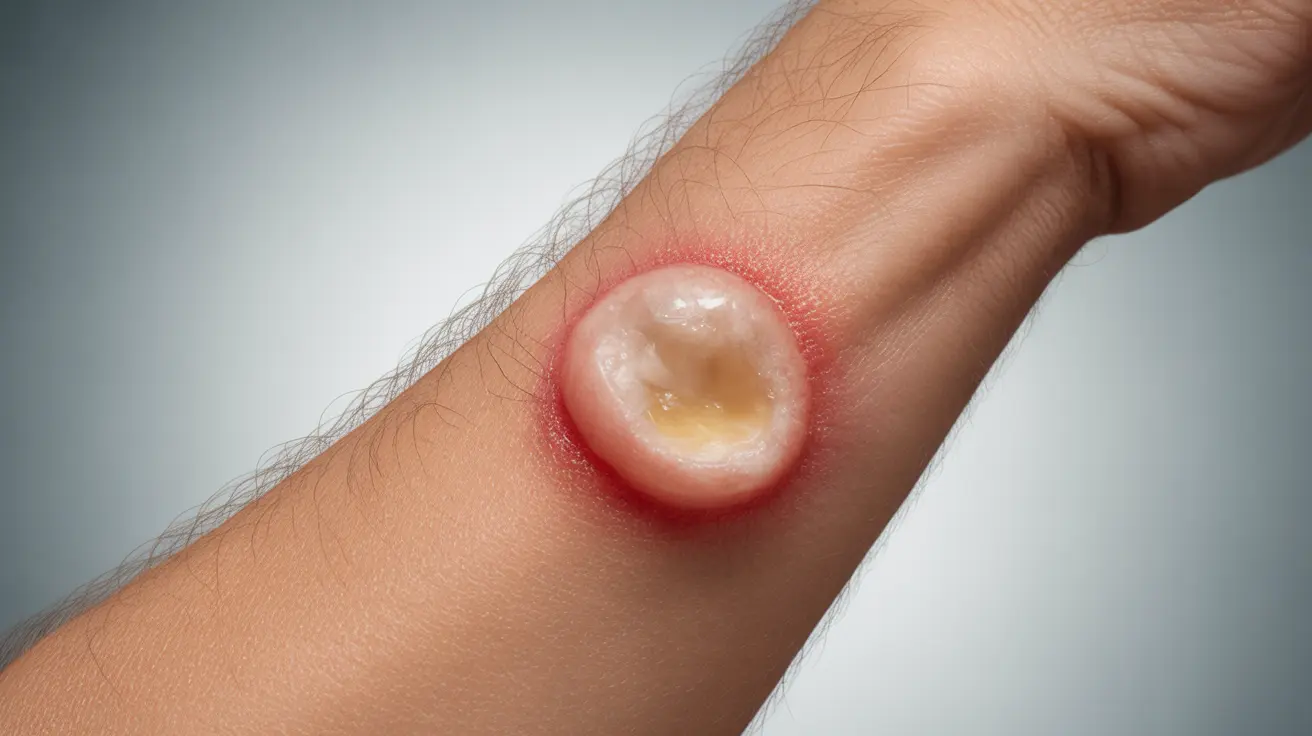When a mosquito bite develops into a fluid-filled blister instead of a typical itchy bump, it can be concerning and uncomfortable. These blisters typically occur due to an enhanced immune response to mosquito saliva, affecting some individuals more severely than others. Understanding why these blisters form and how to properly care for them is essential for preventing complications and promoting healing.
While most mosquito bites resolve on their own with minimal intervention, blistering reactions require special attention and care. This comprehensive guide will help you understand why blisters form, how to treat them effectively, and when you should seek medical attention.
Why Mosquito Bites Sometimes Form Blisters
When a mosquito bites, it injects saliva containing anticoagulants and other proteins into your skin. For some people, this triggers a more intense immune response, leading to blister formation. Several factors can influence this reaction:
- Individual immune sensitivity
- Previous exposure to mosquito bites
- The specific species of mosquito
- The person's overall health status
The blister formation is actually your body's way of creating a protective barrier while the healing process takes place. However, not everyone experiences this more severe reaction to mosquito bites.
Proper Care and Treatment for Mosquito Bite Blisters
Treating mosquito bite blisters requires gentle care and attention to prevent infection and promote healing:
Immediate Care Steps
- Keep the area clean and dry
- Avoid scratching or popping the blister
- Apply a cold compress to reduce swelling
- Use over-the-counter antihistamine creams if needed
Ongoing Treatment
Continue monitoring the blister and maintain proper wound care until it heals naturally. If the blister breaks accidentally, clean the area with mild soap and water, then apply an antibiotic ointment to prevent infection.
Signs of Infection and When to Seek Medical Help
While most mosquito bite blisters heal without complications, certain symptoms warrant medical attention:
Warning Signs
- Increasing redness or warmth around the blister
- Pus or cloudy fluid inside the blister
- Fever or chills
- Spreading redness beyond the bite area
- Severe pain or swelling
Understanding Skeeter Syndrome
Skeeter Syndrome is a more severe allergic reaction to mosquito bites that can cause significant swelling, blistering, and discomfort. This condition requires special attention and may need medical intervention, especially if symptoms are severe or widespread.
Prevention Strategies
Preventing mosquito bites is the best way to avoid blister formation. Consider these effective prevention methods:
- Use EPA-registered insect repellents
- Wear long-sleeved shirts and long pants
- Avoid outdoor activities during peak mosquito hours
- Remove standing water around your home
- Install or repair screens on windows and doors
Frequently Asked Questions
Why do some mosquito bites develop fluid-filled blisters instead of just itchy bumps? Some people develop blisters due to a stronger immune response to mosquito saliva proteins. This heightened reaction can vary based on individual sensitivity and previous exposure to mosquito bites.
How should I treat and care for a mosquito bite blister to prevent infection? Keep the area clean and dry, avoid scratching or popping the blister, apply cold compresses for comfort, and use antihistamine creams if needed. If the blister breaks, clean it gently and apply antibiotic ointment.
What signs indicate a mosquito bite blister might be infected or require medical attention? Watch for increasing redness or warmth around the bite, pus formation, fever, spreading redness, or severe pain and swelling. These symptoms warrant medical evaluation.
Can mosquito bite blisters be a sign of a severe allergic reaction like Skeeter Syndrome? Yes, large blisters accompanied by significant swelling and discomfort may indicate Skeeter Syndrome, a more severe allergic reaction that might require medical treatment.
What are the best ways to prevent mosquito bites that cause blisters? Use EPA-registered insect repellents, wear protective clothing, avoid peak mosquito hours, eliminate standing water sources, and ensure proper window and door screening to prevent mosquito entry.




